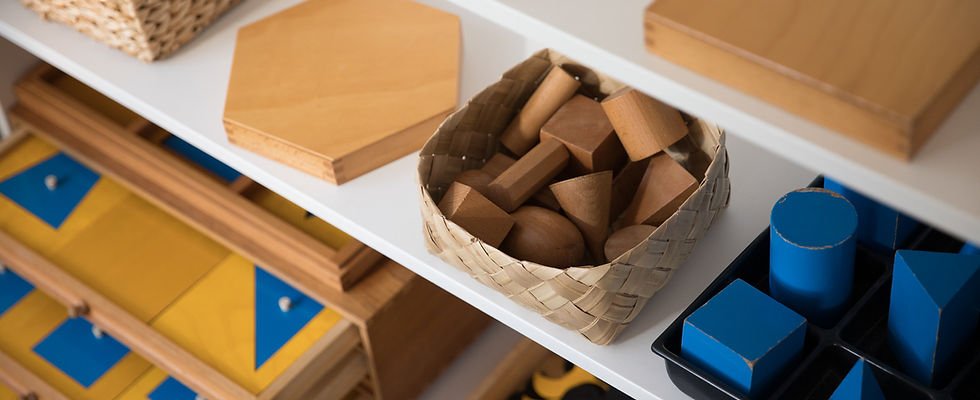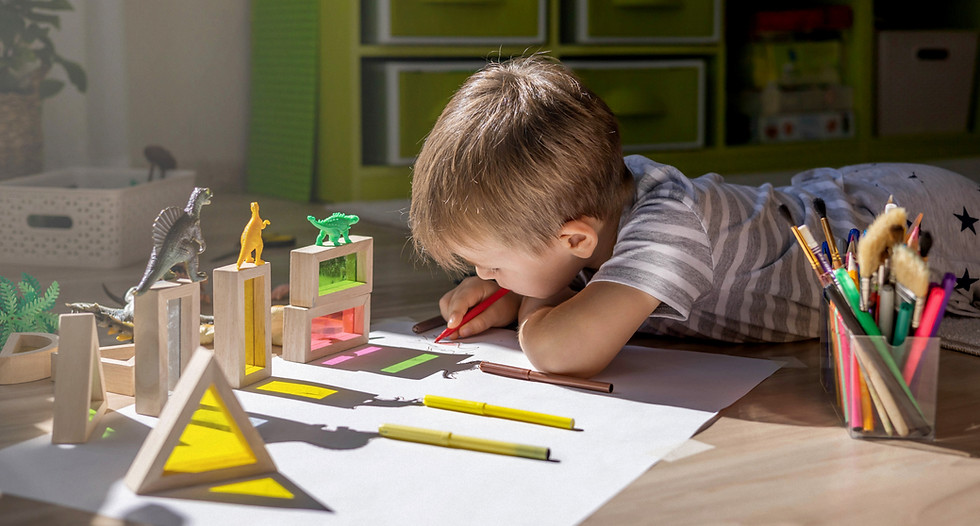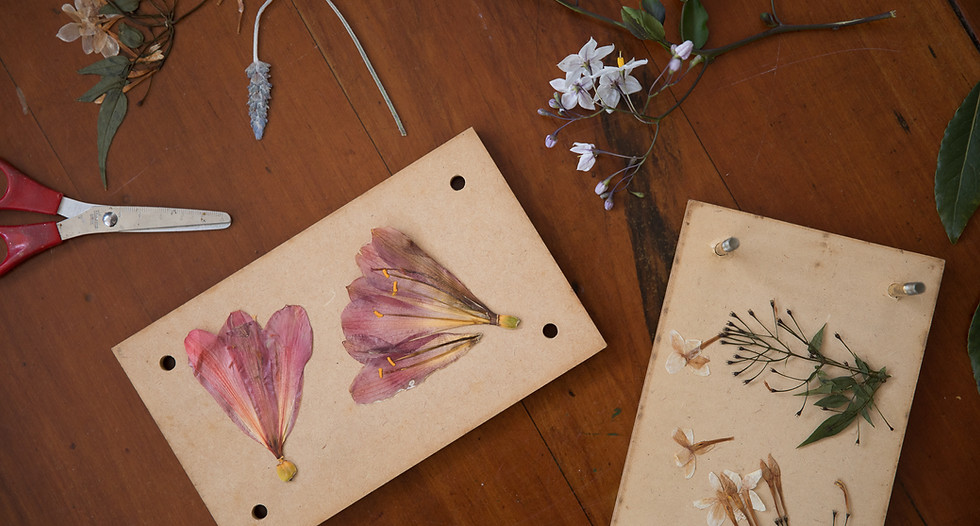montessori

The Montessori philosophy is an approach to early childhood education that emphasizes independence, hands-on learning, and respect for a child’s natural development. Developed by Dr. Maria Montessori, it’s based on the idea that children learn best when they are free to explore at their own pace in a thoughtfully prepared environment. As the country’s first female doctor, she based her approach on observing how children naturally learn. Her 'prepared environment' was designed to harness a child’s ability to teach themselves using hands-on materials that make abstract concepts concrete. Rather than direct instruction, Montessori encourages self-directed activity with carefully designed materials that foster concentration, problem-solving, and a love of learning. It supports the whole child—intellectually, socially, emotionally, and physically—by nurturing curiosity and confidence from the very beginning.

montessori in action
-
Practical Life Skills: Provide foundations for learning centred around; (1) Care for the environment, (2) Care for oneself as an individual (3) Care for others in the community.
-
Education of the Senses: By observing, understanding and exploring the world through their senses children learn how to classify, discriminate, evaluate and sequence.
-
Language Development: Develop the four aspects of language – spoken language, listening, writing and reading. Self-expression and communication are vital elements of all four. Reading is learned phonetically.
-
Number Concepts: Provide a concrete understanding of the concepts of number and mathematics.
-
Science and Exploration of the Wider World: Provide experiences of plant and animal kingdoms, people, events and cultures.

.png)
